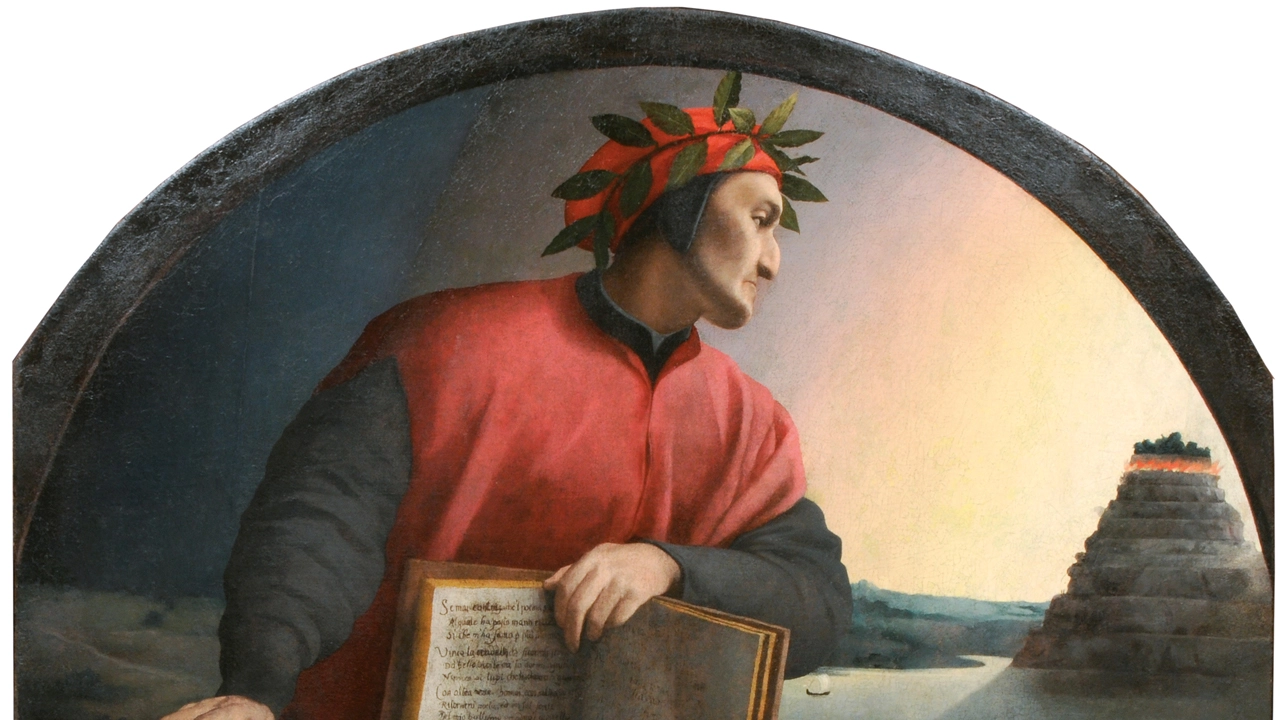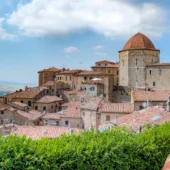Dante’s exile in Lucca: the places of the Supreme Poet, between history and legend

The exile of Dante Alighieri to Lucca represents a historically significant event for all of Italy. The Supreme Poet spent his last years there, seeking refuge in a friendly land after being exiled from his native Florence.
The initial contrast
Initially, the Supreme Poet did not hold much esteem for Lucca and its inhabitants. In the Divine Comedy, Dante places many Lucchese in the second pouch of the eighth circle of Hell, including the flatterer Alessio Interminelli. The flatterer is followed by a series of dishonest barterers, many of whom are from Lucca because, as a black devil remarks, “Lucca is well supplied.”
Additionally, the political aspect must be taken into account. Dante was a White Guelph, while Lucca was a Black Guelph city, so there was inevitably some animosity.
The stay in Lucca
During his exile, however, the Supreme Poet got to know the local people better and appreciated their hospitality. It is said that he met a woman named Gentucca in Lucca, who was married to a wealthy merchant named Fondora. The latter had a property on Via Fillungo and a villa in Pieve Santo Stefano. For this reason, it is believed that Dante stayed in one of these places, but there is no absolute certainty.
The Church of San Francesco
Although we have no specific information, we can deduce that Dante visited many of the city’s historic sites. One of the first was the Church of San Francesco, located in the square of the same name. Inside this sacred place, the poet met the Franciscan friar Bernardino da Siena, who became his friend and accompanied him until his death.
The Palazzo Pretorio
Another place where Dante spent time was the Palazzo Pretorio, a building constructed in the 13th century and located on the Piazza del Mercato. Here, the poet met the bishop of Lucca, Federico II da Montefeltro, with whom he established a lasting friendship. Nowadays, it is still possible to admire numerous works of art inside the Palazzo, including some frescoes by Amico Aspertini.
The Garden of Palazzo Pfanner
The Garden of Palazzo Pfanner, a charming historic residence in the center of Lucca, is also a place linked to the exile of the Supreme Poet. The garden, designed in a Baroque style, features beautiful centuries-old trees, fountains, and statues. It is now open to the public as one of the city’s main tourist attractions.
The State Library
Dante also spent much time in the State Library of Lucca, consulting books and documents for his literary research. This library, founded in the 17th century, is rich in literary and historical treasures, including a copy of the De Vulgari Eloquentia.
The Torre del Travaglio and L’Antica Bifore Guesthouse
Another curiosity related to Dante involves the Torre del Travaglio, right where our guesthouse L’Antica Bifore is housed.
It is said that here, in this tower, the Supreme Poet spent part of his exile, making it a place of great historical interest. The building, dating back to the 13th century, is located in one of the city’s oldest parts and is an example of typical Lucchese medieval architecture.
In addition to being a significant testimony of the past, the Torre del Travaglio- and therefore L’Antica Bifore – also represents a comfortable accommodation for those wishing to stay in Lucca in an authentic atmosphere
Let’s embark on this journey to discover Dante’s places in Lucca. Book your stay at our guesthouse L’Antica Bifore.


